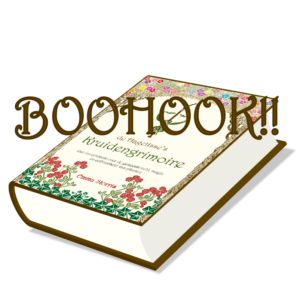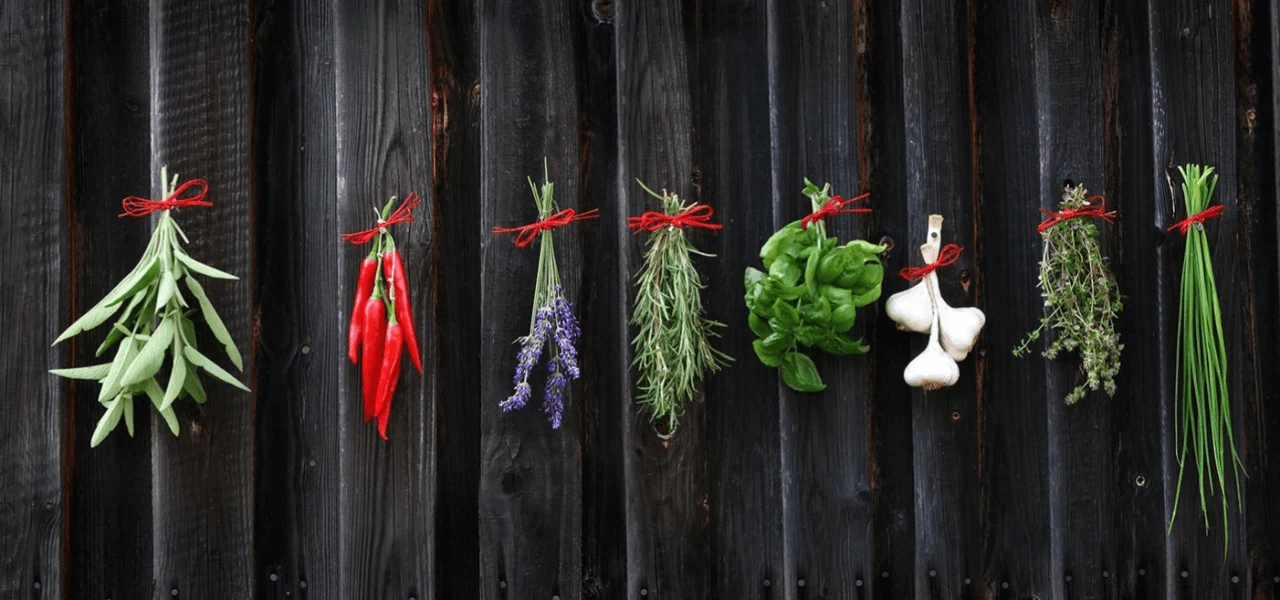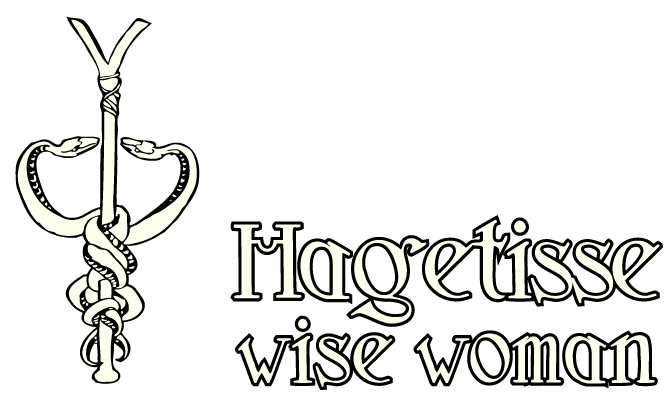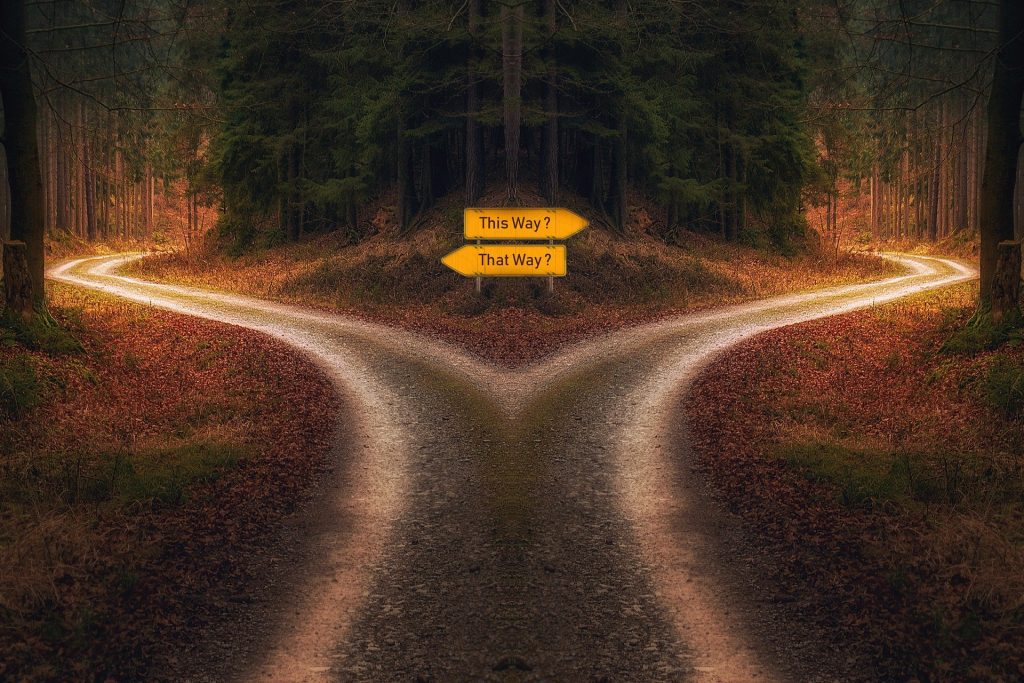Hypocrisy in media reporting on medicine

Recently, there were reports about some dangerous herbs all over the Dutch media. Frankly, it really got my goat. Not so much because there were warnings about the use of herbal remedies, but because of the tendentious way in which it was done. I’m the first to tell you that using certain plants can carry risks and that you should always seek thorough advice from someone knowledgeable on the subject. Better safe than sorry. However, that doesn’t mean that the RIVM (National Institute for Public Health and the Environment) wasn’t a bit short-sighted in its conclusion. But what really irritates me is that there’s hardly a medication in conventional medicine that doesn’t have side effects and yet is prescribed daily without hesitation. And yet, you rarely see reports about that. That’s what I call hypocritical.
Many plants can be used in recommended doses without significant side effects. That’s more than can be said for most medications. Even a drug as commonplace as paracetamol can have side effects. Hordes of women use the contraceptive pill, the dangers of which are hardly insignificant. Long-term use of corticosteroids is commonplace, despite its downright nasty side effects, including serious damage to organs and systems. And yet, many people who are prescribed these medications for years on end are unaware of this.
Hypocrisy through not reporting on medical mistakes
That’s not the only hypocrisy evident in the reporting. The articles also highlighted that one woman who was convicted of manslaughter because a person she treated died. Of course, any death is terrible and one too many, and hopefully, it remains as exceptional as it is. Because I can assure you that every death suspected to be related to naturopathic treatments is widely publicised in the media. And the fact that you hear so little about it mainly suggests that it doesn’t happen often. In contrast to medical errors.
You hardly ever hear about deaths caused by mistakes made by conventional medical practitioners. Those are only highlighted when foul play is suspected. And yet, it’s incredibly common for people to die due to medical intervention. My mother-in-law is a case in point. She died last year in hospital due to a medical error. An error that was acknowledged but never made it into a news report. And since then, I’ve spoken to several people who have lost loved ones similarly. None of these deaths were covered in the media. There seems to be a taboo on reporting about events like that.
You might think now that medical errors aren’t that common and that’s why we hear so little about them. But nothing could be further from the truth. In 2018, the Dutch Healthcare and Youth Inspectorate received over 11,000 reports. These didn’t all involve fatalities, but they were medical calamity reports. 220 medical professionals were dismissed as a result of the report. Many more people experience having been involved in a medical error. According to Slachtofferhulp (Victim Support), in 2020, 220,000 people reported being victims of a medical incident that year.
This hypocrisy does not serve patients
I find this hypocrisy in reporting reprehensible. By applying double standards to these two branches of healthcare, the average person is denied proper information. People are deprived of control over their own health because fear is sown about treatment options that often work more gently and safely and could prevent worse outcomes. The latter is a claim I’m not afraid to make, because for most naturopaths prevention and education about a healthy lifestyle are integral parts of their work. That’s more than can be said for conventional medicine. Despite increasing focus on prevention, it is still far from common practice, at least in the Netherlands. Conventional medicine is still primarily concerned with symptom management and intervening on conditions that could largely have been prevented.
And no, I’m not someone who rejects conventional medicine. It has brought us a lot and ensured that acute conditions that would have been fatal a century ago need not be now. But at the same time, modern medicine has lost a lot by dismissing the knowledge of naturopaths as harmful quackery. I advocate for combining forces to help humans and animals as best we can. And that starts with taking each other seriously and providing honest reporting on both.




